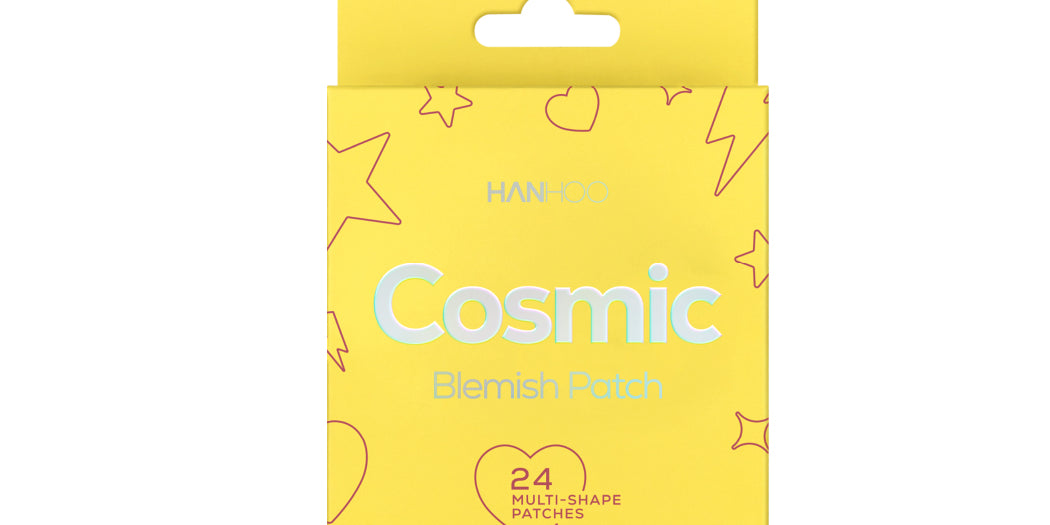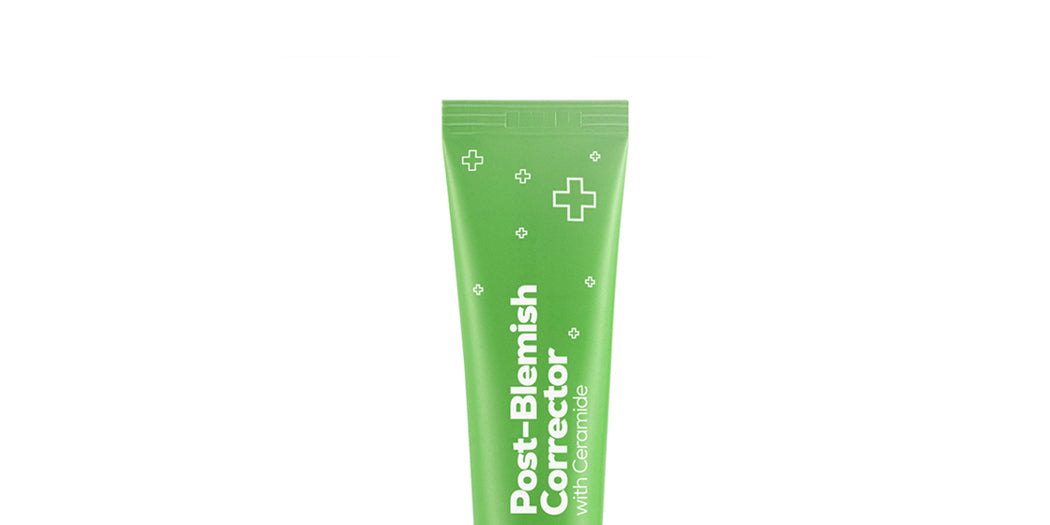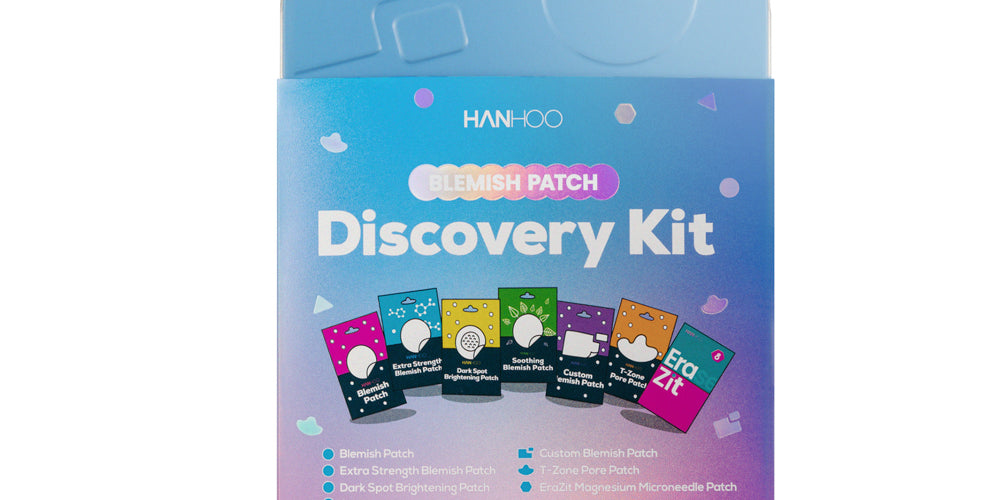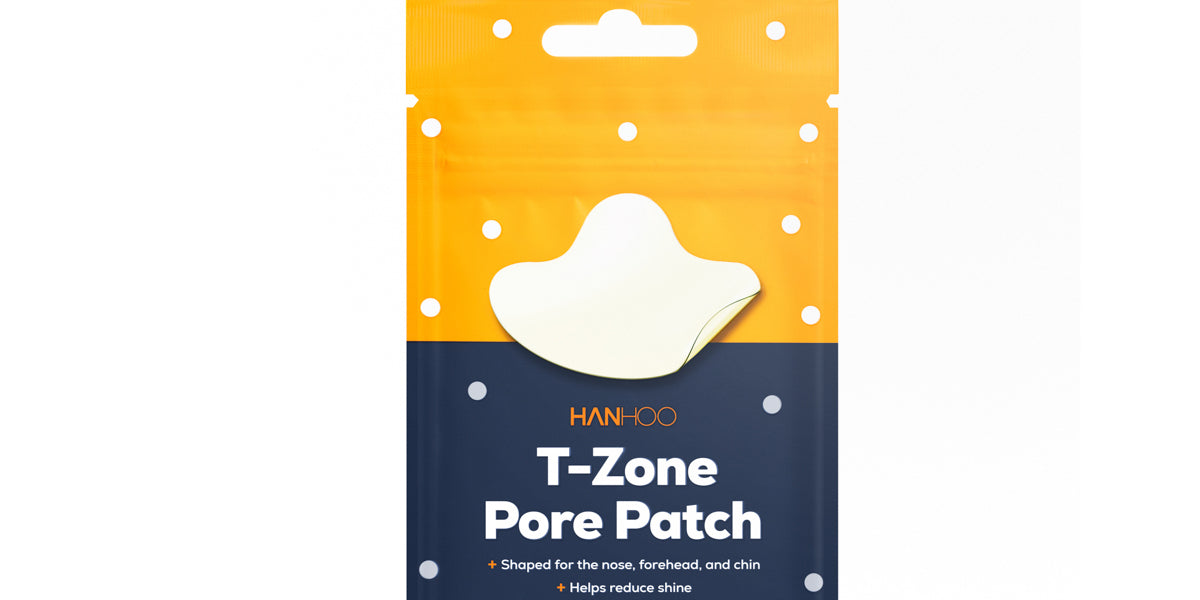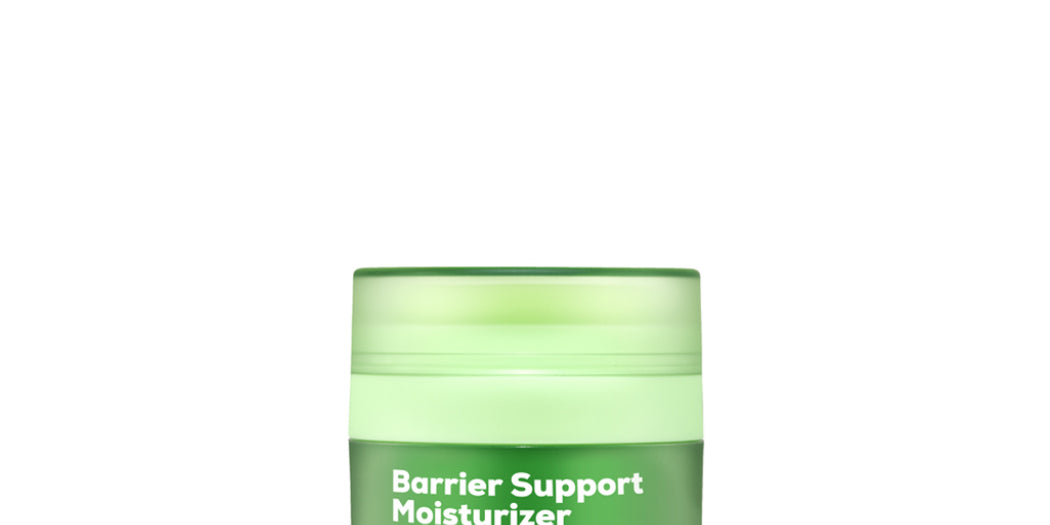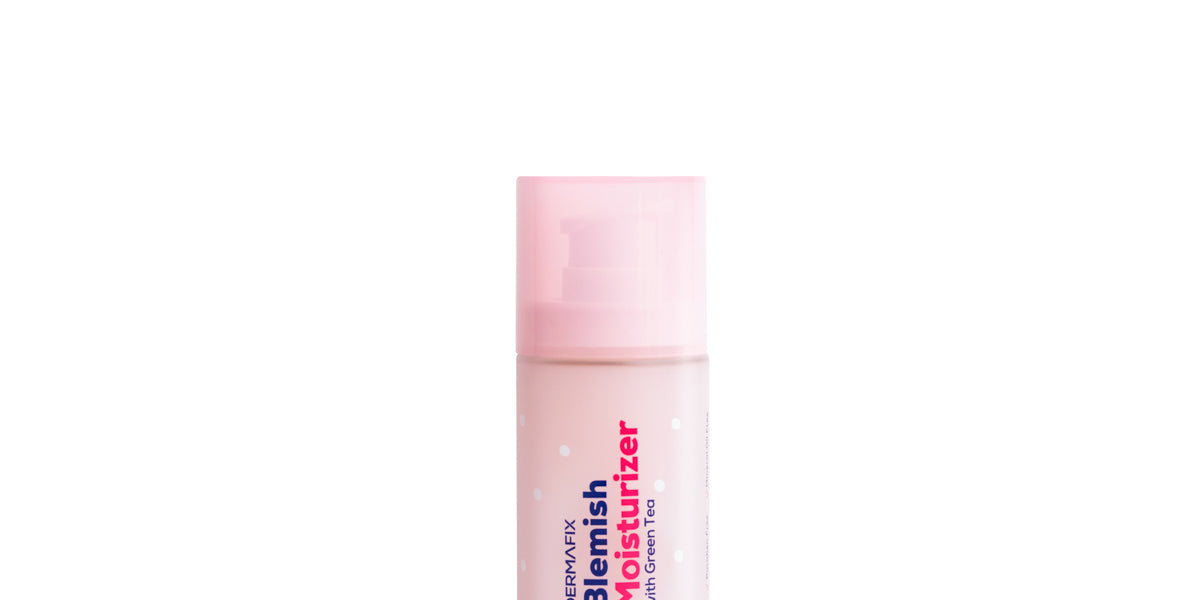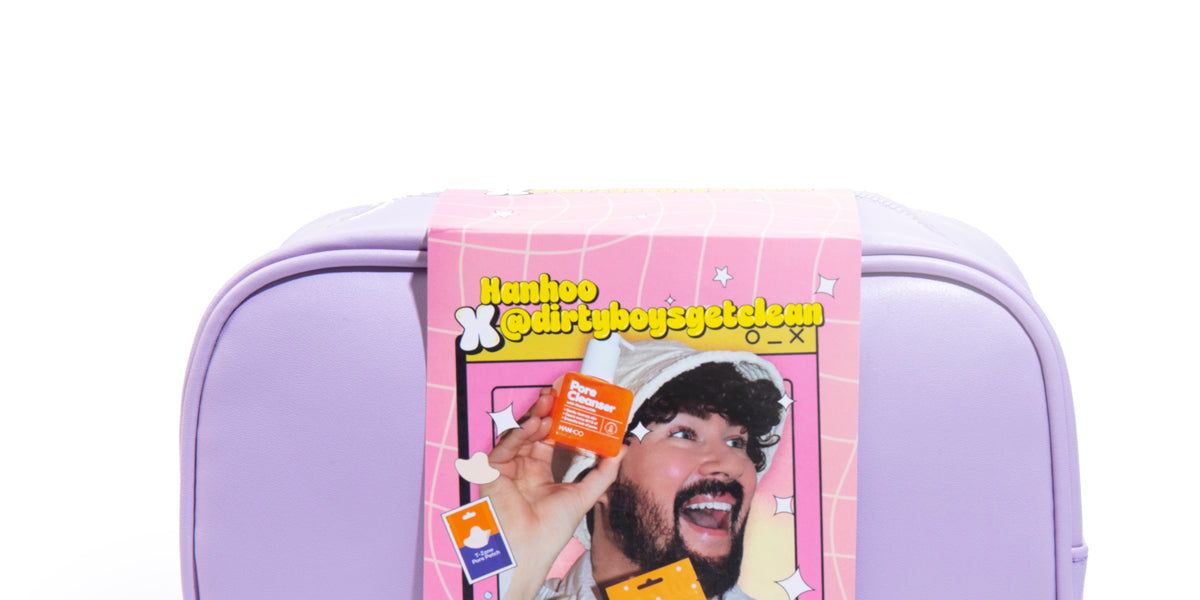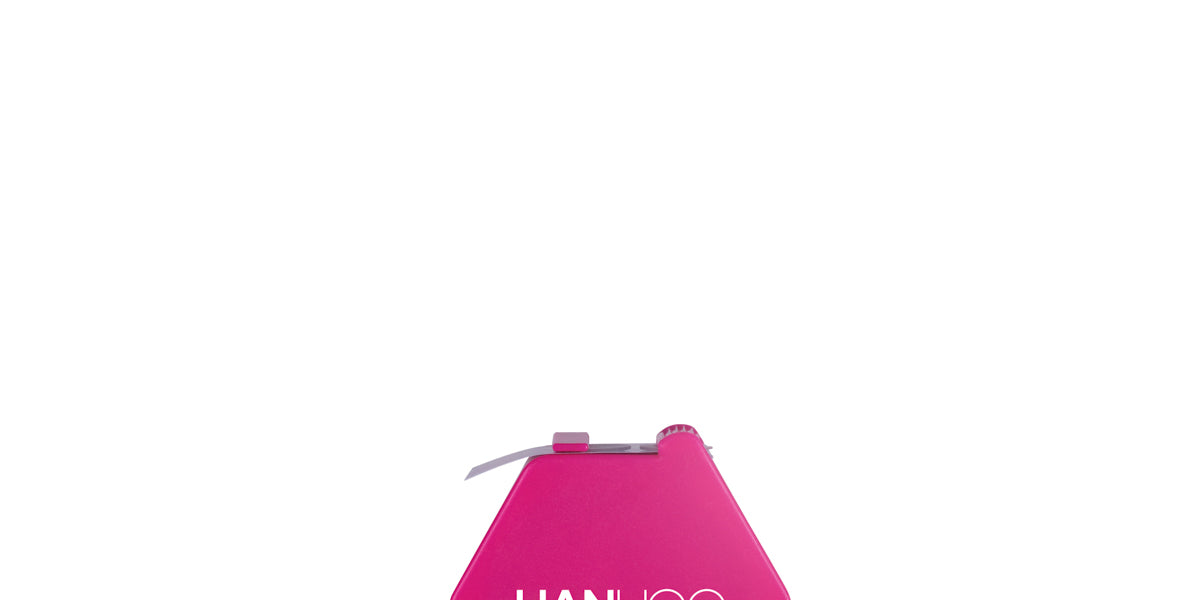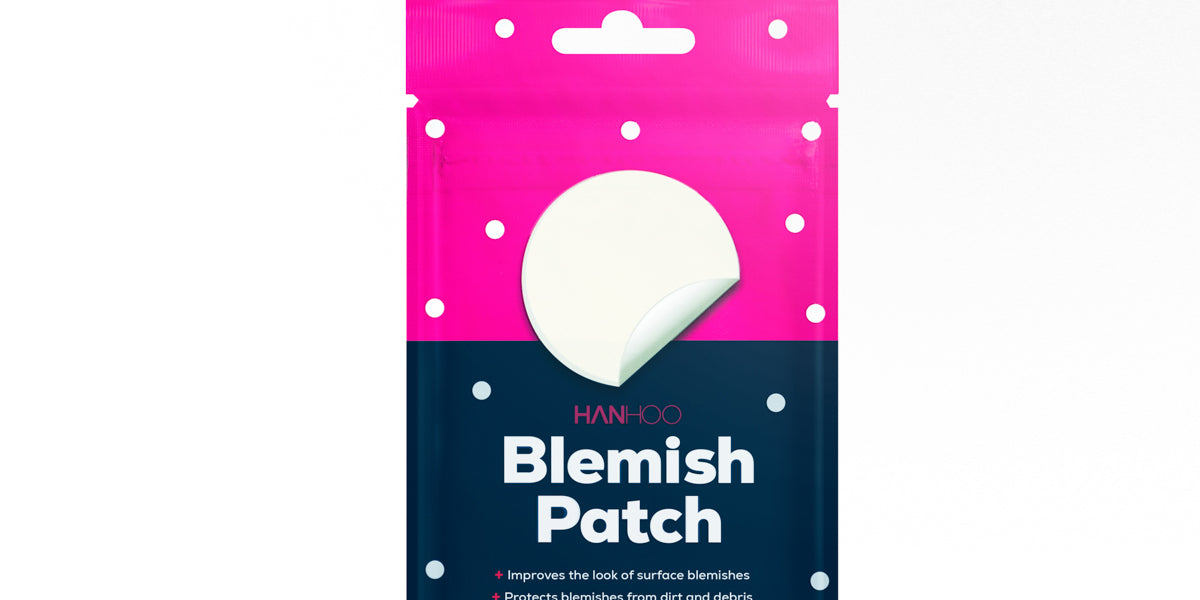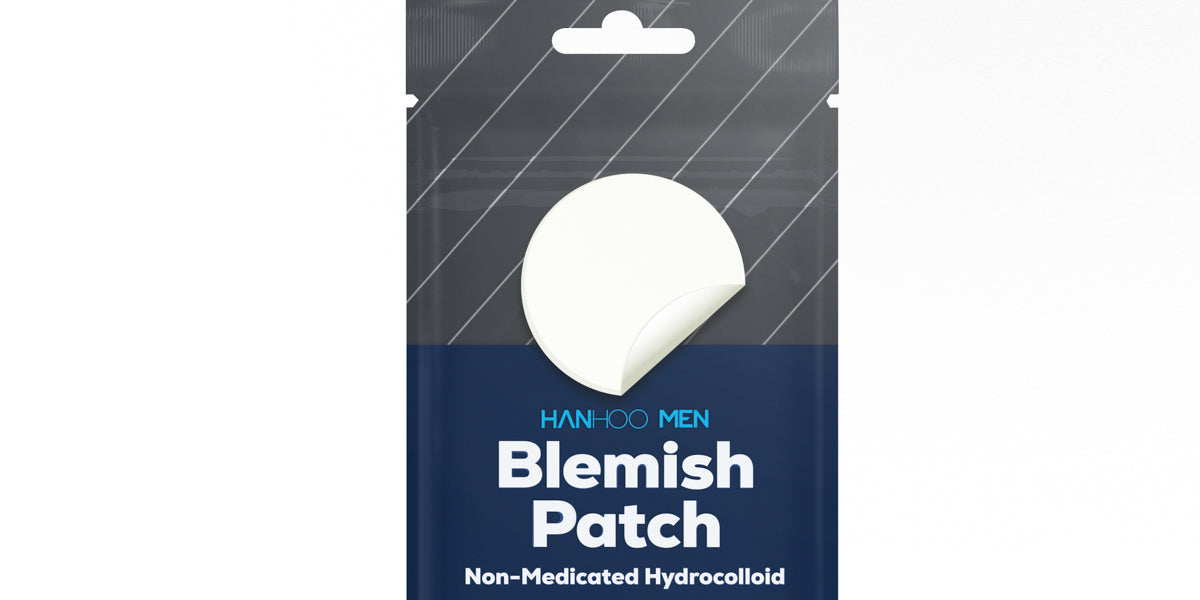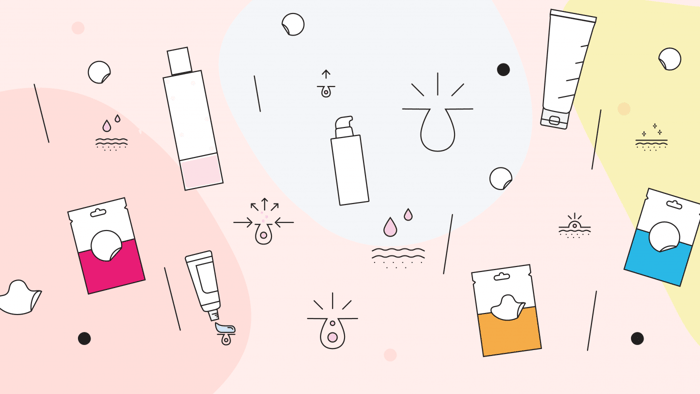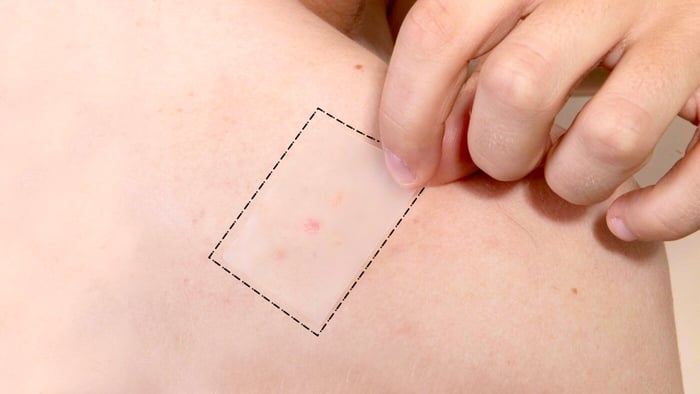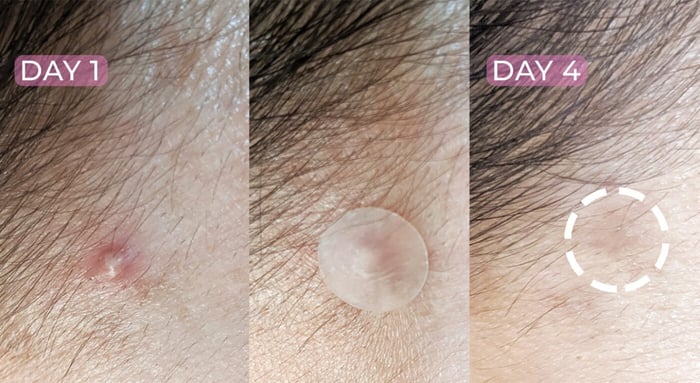There are plenty of myths surrounding acne that most people have probably heard by now, like “acne pops up because you don’t wash your face enough” or “eating chocolate will make you breakout.” The good news is there’s actually no evidence that chocolate makes you breakout, so you don’t have to cut chocolate completely out of your diet. As for the myth that you should wash your face more if you have acne, this can actually end up compromising skin health. Over-washing and over-exfoliating the skin can cause more harm than good, since it can lead to dry, flaky skin.
When it comes to common acne myths it’s safe to do your own research before doing something like spotting treating pimples with toothpaste.

Common Acne Myths
“You need to wash/exfoliate more to get rid of acne”
This particular acne myth unfortunately implies that people with acne don’t wash their face regularly or that they have generally “dirty” skin. However, washing your face more than is recommended can strip the skin of its natural oils meant to keep the skin hydrated. Over-washing or over-exfoliating can cause the skin to become tight, dry, irritated, and heighten sensitivity of the skin. Over exfoliating can also weaken the skin barrier making the skin more vulnerable to external irritants.
So, if people ever try to give you advice about your acne like “you should wash your face more,” it’s best to ignore that advice and keep washing your face regularly. Overdoing it will only end up causing more problems and compromise the skin barrier.
“Toothpaste can help clear up pimples”
We’ve all heard the common myth that toothpaste used as a spot treatment can help dry up a pimple and make it go away. But, hopefully by now everyone knows that toothpaste is NOT meant for the skin. The chemicals in toothpaste can irritate the skin in varying levels depending on your skin sensitivity (worst case scenario, it can even burn the skin).
If you want to spot treat acne in a safe way, hydrocolloid patches are a great way to flatten pimples without damaging your skin. As opposed to toothpaste, blemish patches don’t dry out the skin and won’t damage the skin surrounding a pimple. Blemish patches are known for effectively sucking out gunk from pimples within a couple of hours, all without the risk of scarring (which is a risk if you do end up popping a pimple).
“Popping a pimple will make it go away”
While you may think that as soon as you pop the pimple, it will heal right up, the opposite can sometimes happen. For instance, if you have a pretty stubborn pimple, deep in the skin and you try popping it, you could further irritate the pimple and cause more inflammation. Trying too hard to pop a pimple can result in pushing the gunk from a pimple deeper into the skin resulting in more swelling and can even cause more pimples to pop up around the area.
Even if you do manage to successfully pop a pimple, there is also a chance of scarring. As a popped pimple heals, it can form a scab and result in a scar left over after the pimple has fully healed. Acne scars end up lasting much longer than if you would have left the pimple alone from the beginning. Additionally, since a popped pimple is kind of like an open wound, there is the chance that left exposed, bacteria can enter the wound and cause infection. So, to curb the temptation of popping a pimple, you can try out hydrocolloid patches (as mentioned above) as a safe way to minimize acne.
“Only teens get acne”
The myth that only teenagers deal with acne is untrue as about thirty percent of adults also deal with acne. For example, for women it is quite normal to experience hormonal breakouts especially during their periods. For some people, acne doesn’t begin to show up until they’re in their 20s. People can also continue to deal with acne well into their 30s and beyond.
The idea that only teens get acne can create a stigma around adult acne and cause adults with acne to feel a sense of social isolation. Some struggle so much with their adult acne that they can experience levels of stress, anxiety, and depression, even more so than teens with acne. Adult acne is a very real thing that is important to normalize and show that anyone can deal with acne, not just teens.
The takeaway
Acne myths (sometimes disguised as advice) can sometimes be harmful when it comes to the health of your skin or to your self-image. It’s best to do your own research especially when it comes to myths about how to treat your acne to make sure you are doing what's best for your skin. It’s also important to understand that no matter what stage in life you may be, acne is still pretty common, including adult acne. Even if it may not be portrayed as much on social media or media in general, adult acne is normal.

